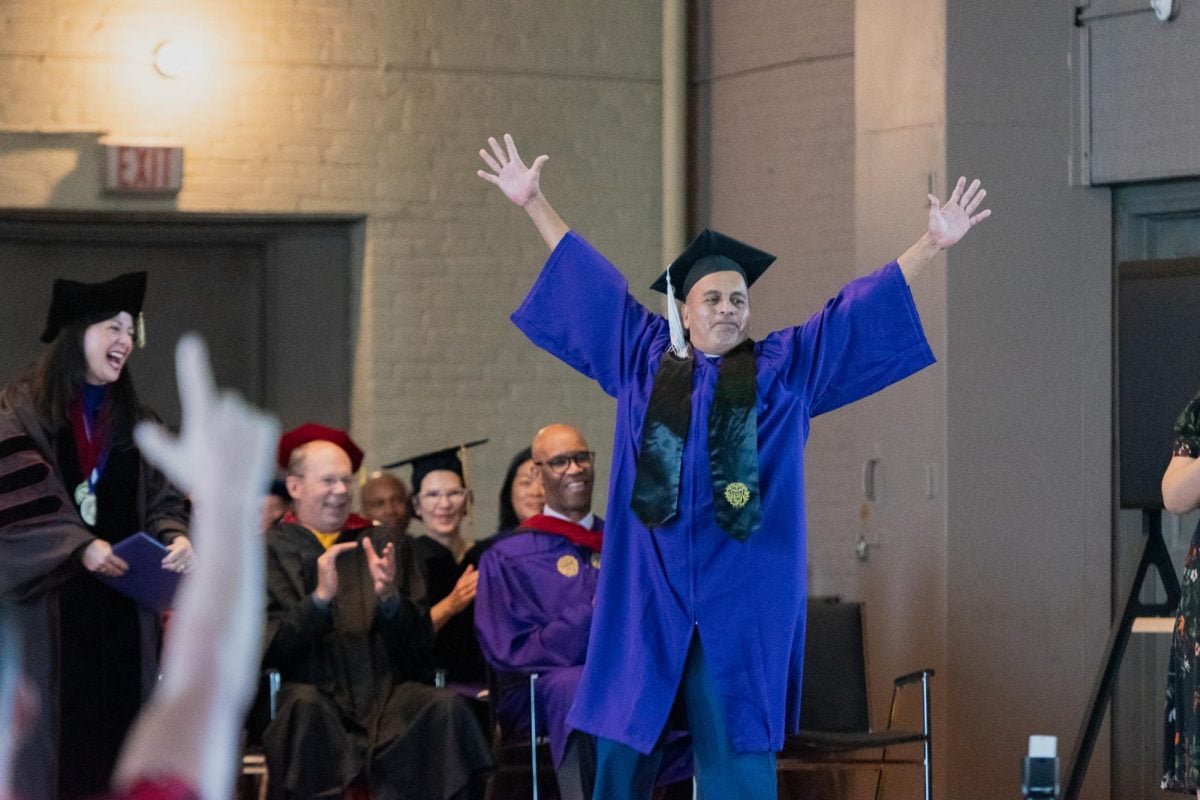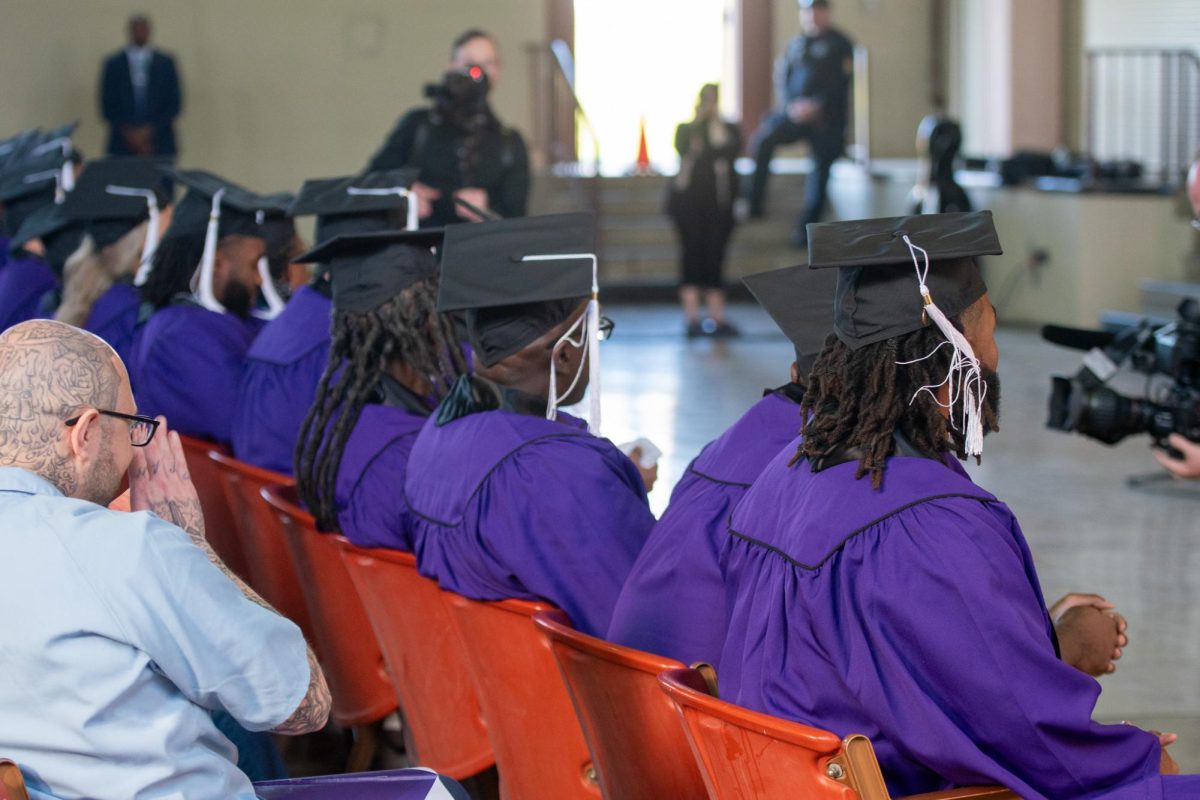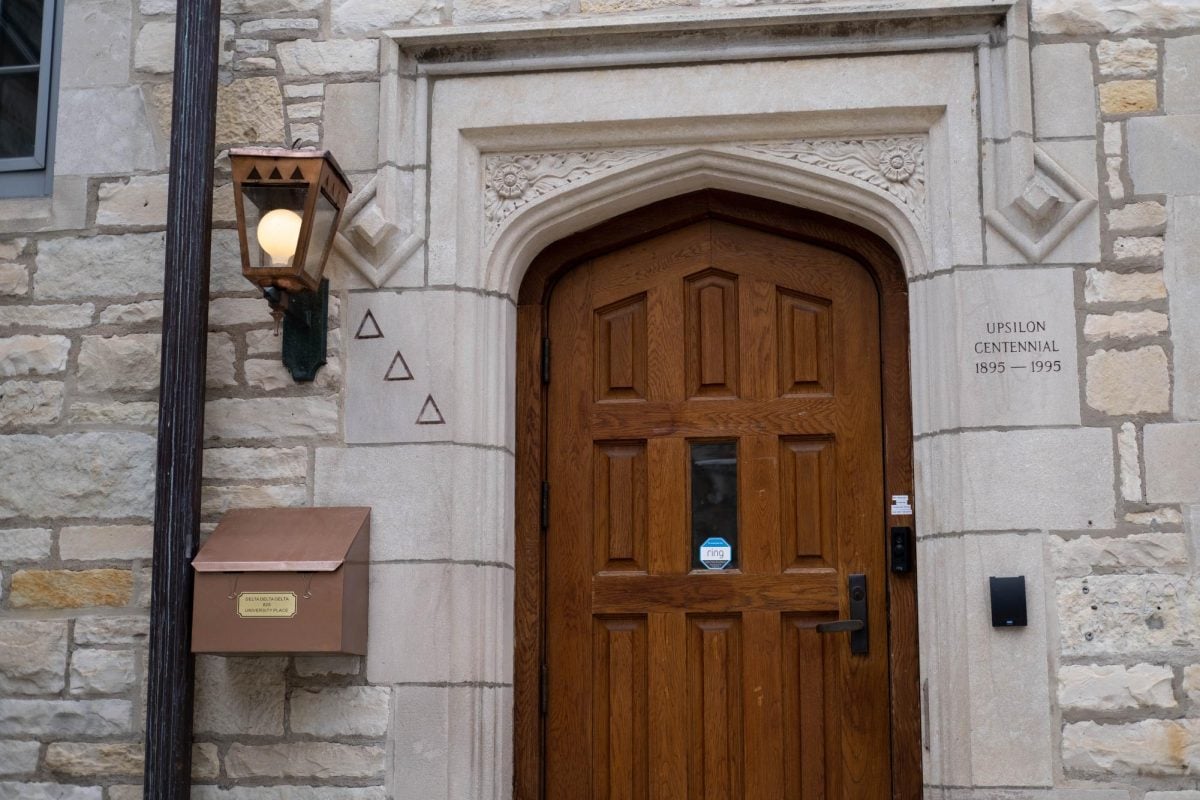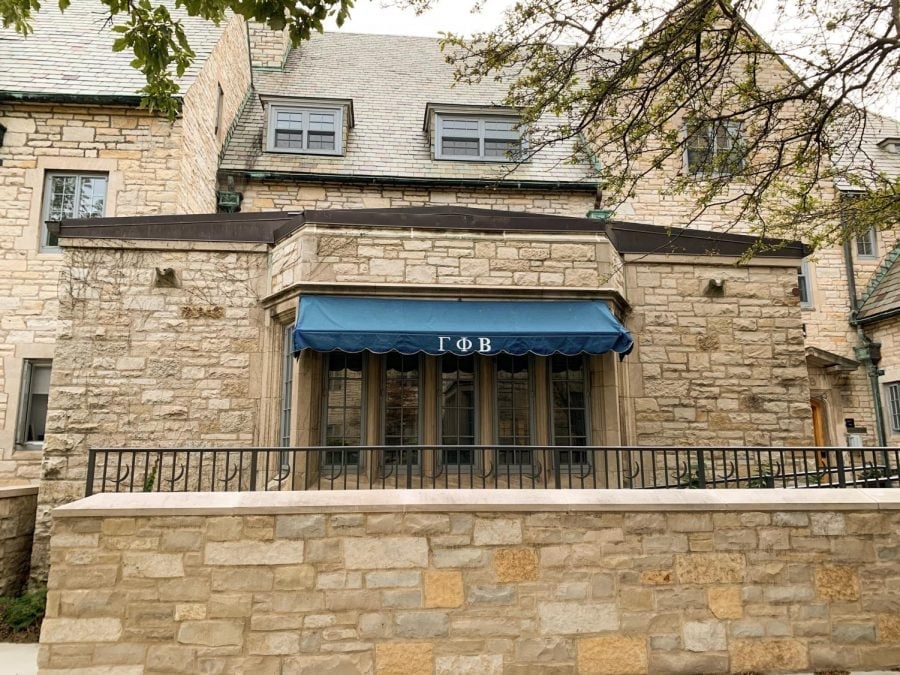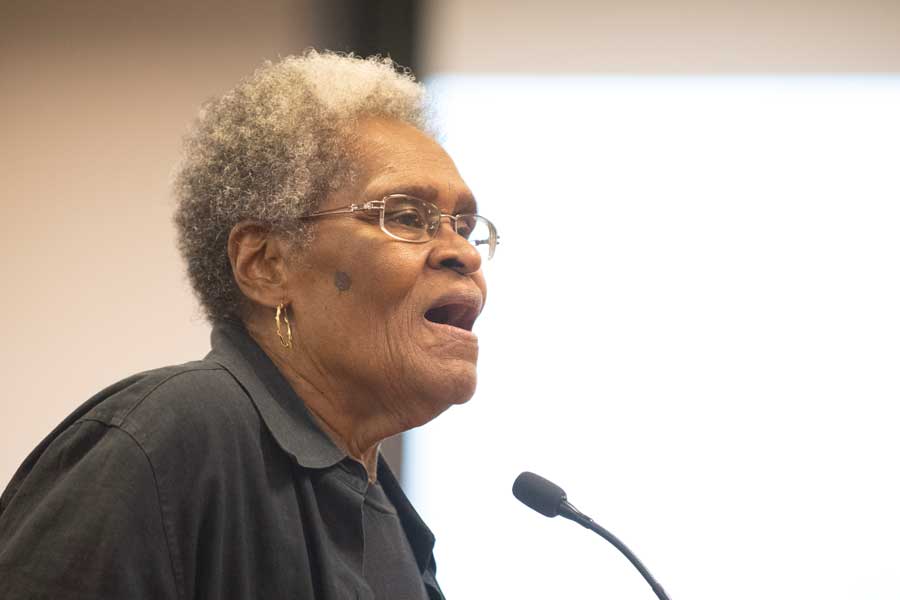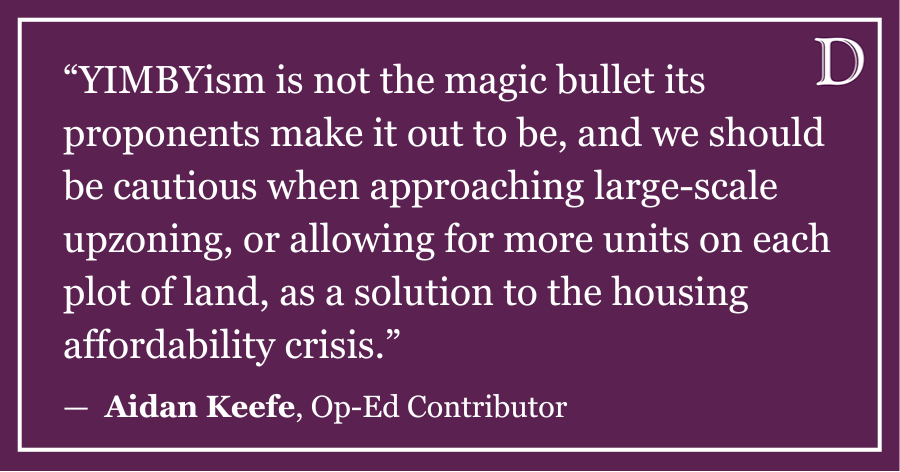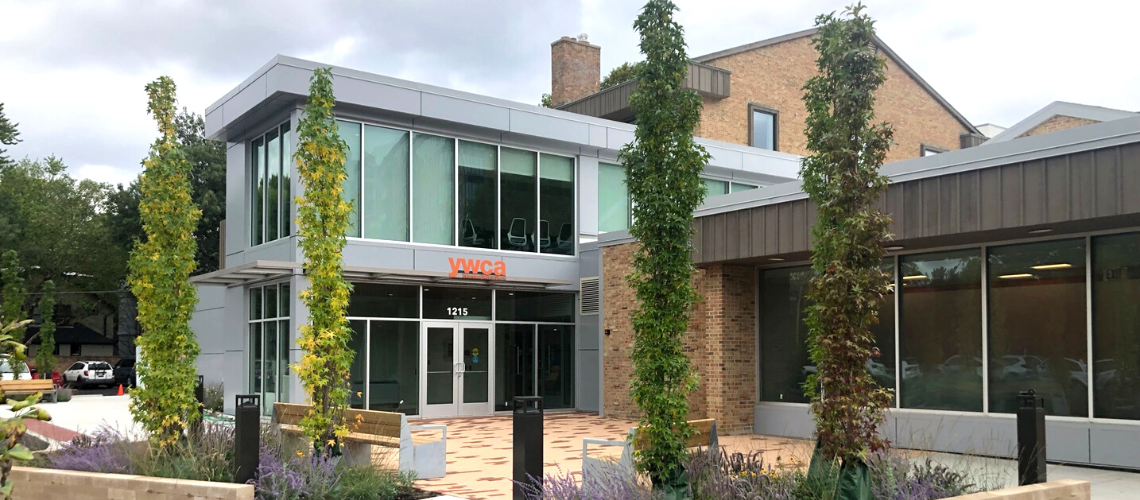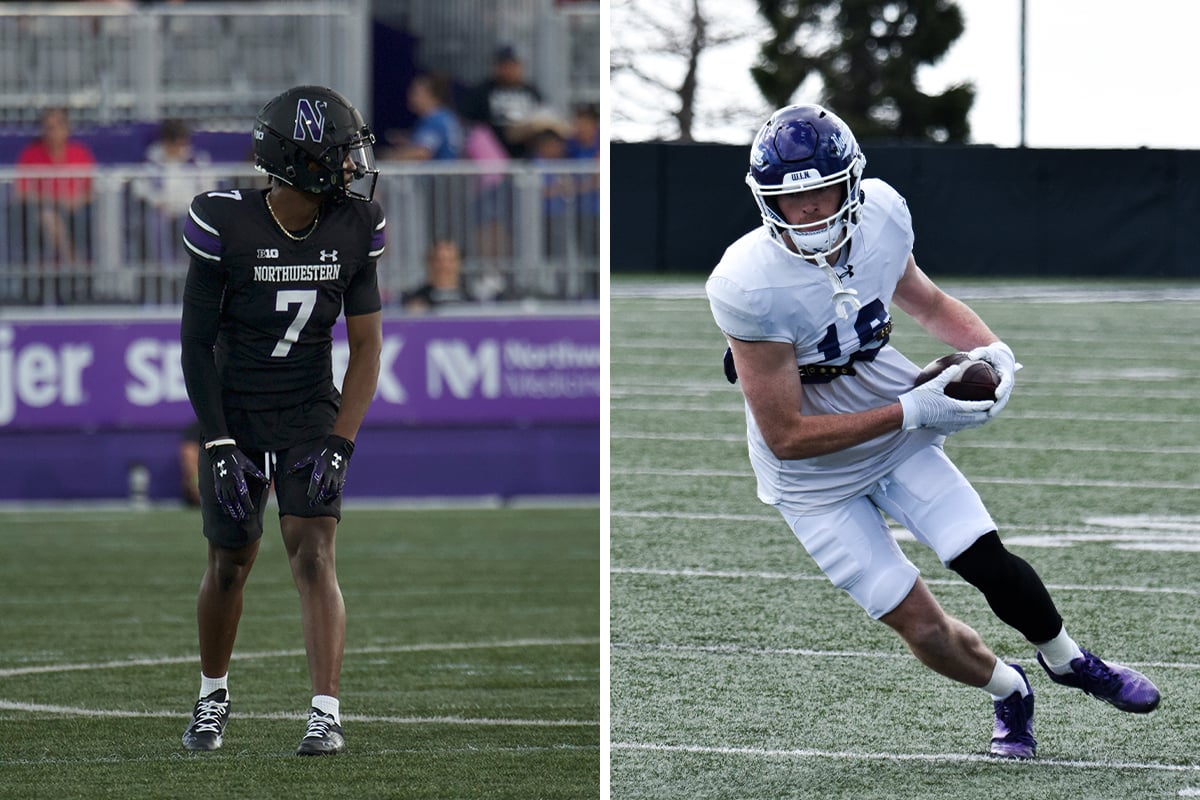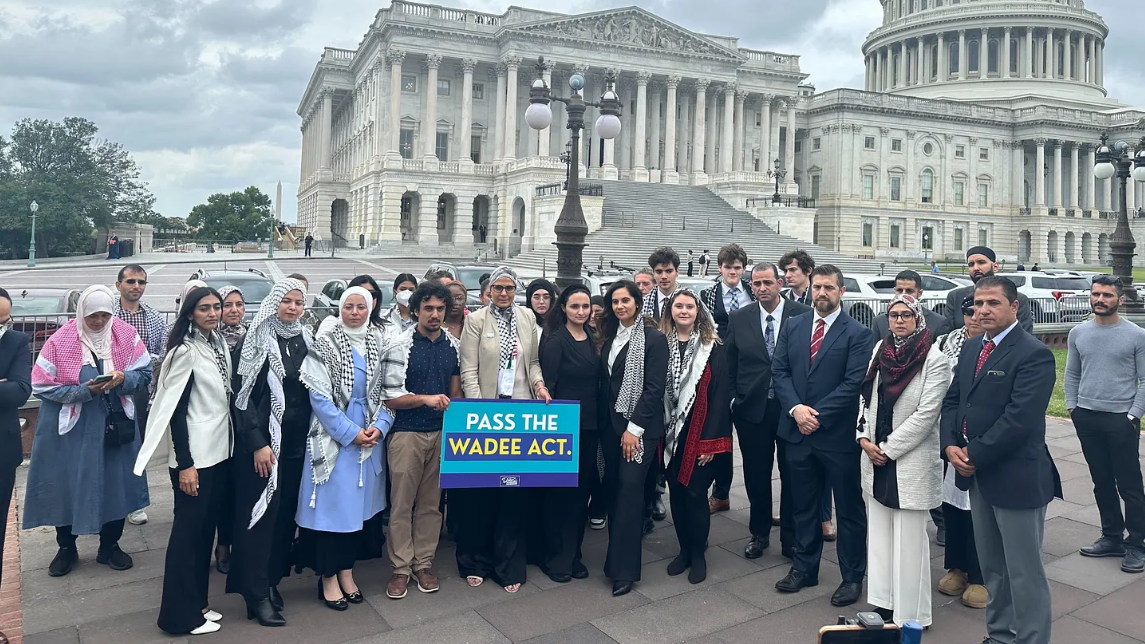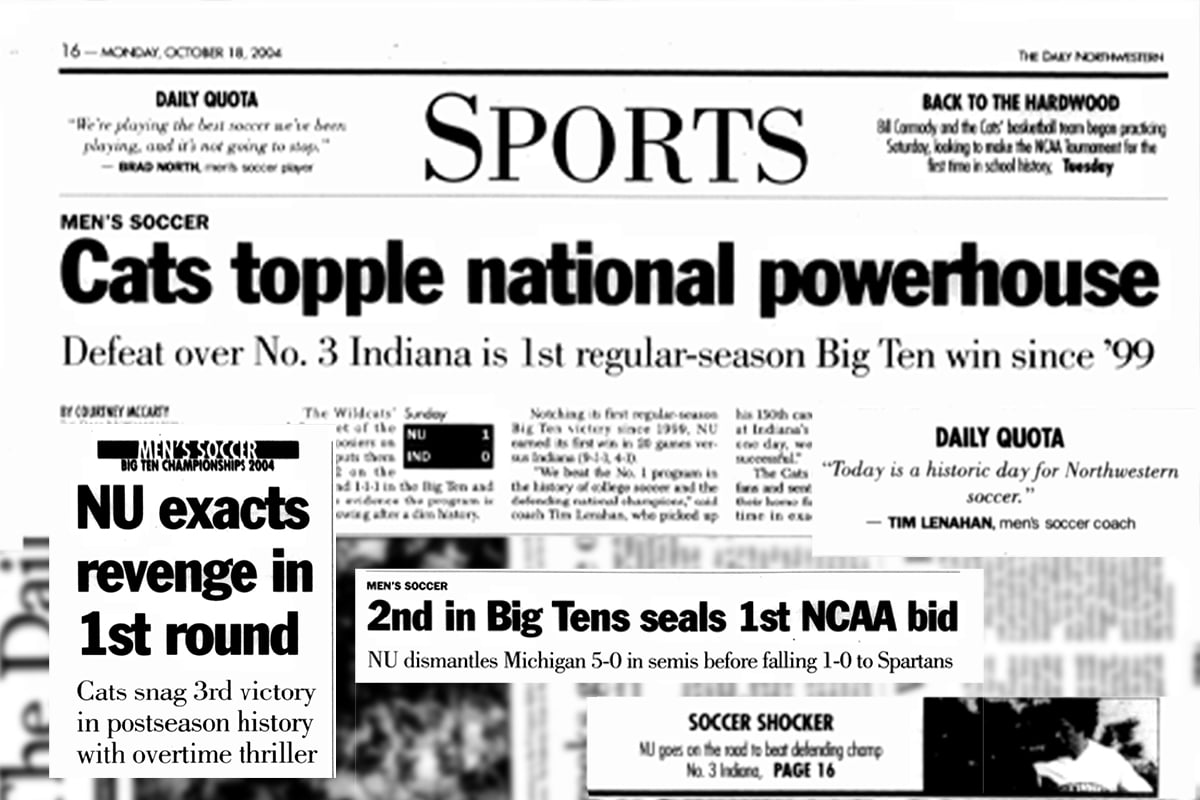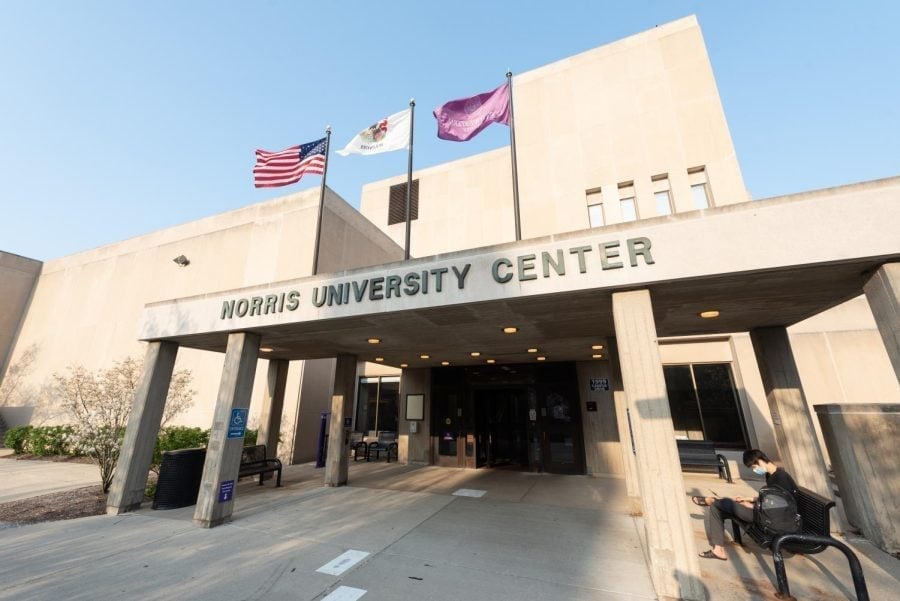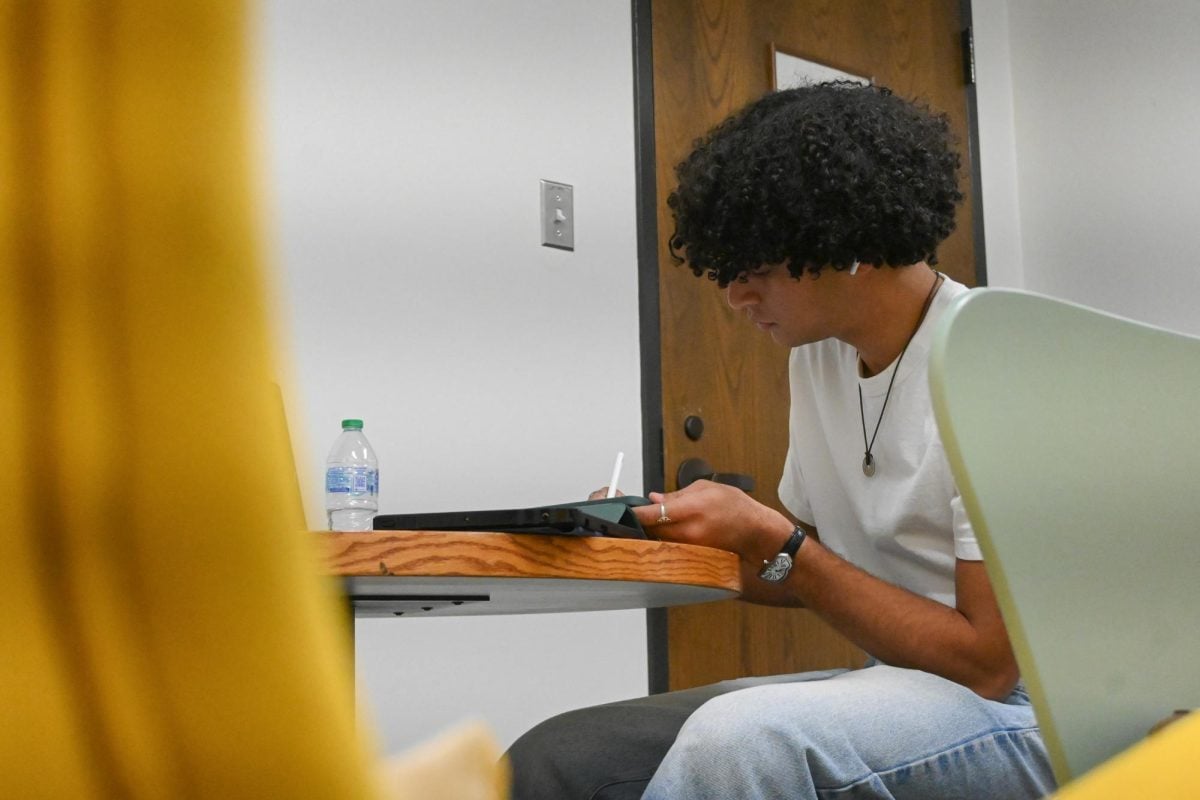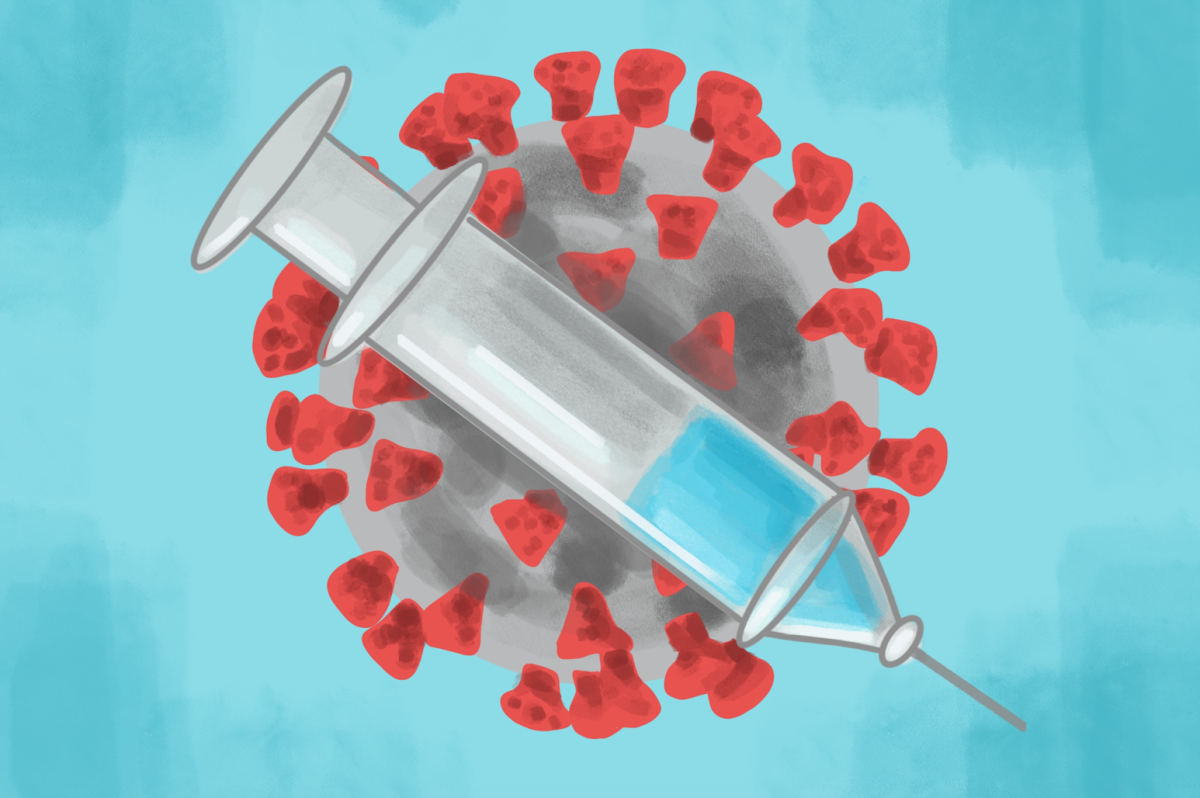William Peeples spent 13 years on death row before having his sentence commuted in 2003 to life without parole. Since joining the Northwestern Prison Education Program, Peeples has had the chance to study scholars like Karl Marx and Kimberlé Crenshaw, and won the inaugural Janice Nora Lackey Award for Academic Excellence at Stateville Correctional Center earlier this year for a class essay.
Wednesday morning, he graduated from the program with a bachelor’s degree from Northwestern.
“When I was young, I used to look up at the sky and pray,” Peeples said. “I would get down on my knees and ask God why I didn’t grow up in a gated community and go to a prestigious school like Northwestern. I just didn’t know it would happen in prison. Now, I ask God to keep me a part of this Northwestern community.”
Twenty-three years after being sentenced to death, Peeples now hopes to become a counselor for at-risk youth — and specifically those in the LGBTQ+ community — with his bachelor’s degree in hand.
This year’s graduating class is the first cohort to be conferred a bachelor’s degree from a top 10 university through the Northwestern Prison Education Program, founded in 2018. The program provides incarcerated adults the opportunity to receive a college education while serving their prison sentence. There are currently around 100 students enrolled in NPEP across the Stateville Correctional Center for men and the Logan Correctional Center for women.
Founding director of NPEP and Philosophy Prof. Jennifer Lackey noted the unique challenges faced by this year’s graduating class, who studied remotely during the COVID-19 pandemic.
“It is often said that education is transformative,” Lackey said. “I believe this even more wholeheartedly with each passing day in our community. But, I’ve also been powerfully moved by the way you all have transformed education. You have radically expanded what it means to be a Northwestern student. You have enriched Northwestern University in ways that will echo for decades to come. You have also profoundly transformed us, your educators.”
Lackey acknowledged the accomplishments of each student one-by-one, noting their individual traits and successes, and thanked the community members who contributed to the students’ education.
NU faculty instruct NPEP students in everything from literature to engineering, while undergraduate and graduate students volunteer to help with courses. The 16 graduating students each received a social science bachelor’s degree, an interdisciplinary major focused on the nature, politics and social structures of humankind.
Author Ta-Nehisi Coates addressed the graduating cohort in his commencement speech. Coates — who won the National Book Award in 2015 for his novel “Between the World and Me” and wrote Marvel’s “Black Panther” and “Captain America” comics series — is a former national correspondent for The Atlantic and one of the nation’s preeminent advocates for race-based reparations.
Coates reflected on how his experience being arrested for the first time at 14 influenced his views on both education and incarceration.
“I think I can very safely, safely say that I will never in my life address a class as decorated as this,” Coates said.
Coates also commended the students on what he said was a “tremendous” accomplishment, noting that he never received a bachelor’s degree.
Also in attendance were Evanston Mayor Daniel Biss, Medill School of Journalism Dean Charles Whitaker and Illinois Lieutenant Gov. Juliana Stratton. Illinois Gov. J.B. Pritzker also shared remarks in a pre-recorded video message.
The ceremony also included a performance by the Black Oak Ensemble, a chamber ensemble currently serving as ensemble-in-residence at the New Music School in Chicago.
English Prof. Wendy Wall teaches her NPEP students “Far From Home: Journeys, Refugees and Homesickness,” a course about literature that relates to the structure of journeys. Wall said many of her students can identify with characters like Odysseus, the titular character of Homer’s “Odyssey,” who worry about whether their home still exists when they’re far away.
“Today is a time of joy to celebrate these people who are so impressive, because they have put their heart and soul into studying and do not take education for granted,” Wall said. “Every class they take, they throw themselves into it and appreciate that this is an opportunity for them. As one of my students said, ‘I want to show that I’m still a human being in a system that makes me feel less than human.’”
She added students have told her NPEP has been “indispensable” in helping them realize their own worth during the dehumanizing experience of incarceration.
McCormick Prof. Erik Luijten, McCormick’s associate dean for academic affairs, said it’s easy for people to “have quick judgments about people in prison,” but he feels the lasting impact of programs like NPEP is important.
“People are incarcerated here for a very long time,” Luijten said. “These are people who committed some crime a decade ago, or 15 years ago, and they’ll be here for another 10 years after this course finishes. To really reflect on that, that’s already very impactful. Those things, it’s easy not to think about that when you’re in the free world.”
Luijten said one of the most rewarding parts of the program is the opportunity to support his students’ characters or vouch for students’ work when they are up for parole.
Benard McKinley, one of this year’s graduates, thanked Lackey for her commitment to both the NPEP program and each one of the students. McKinley became the first incarcerated person in the state of Illinois to take the LSAT and plans on becoming a civil rights attorney.
“As I prepare to reenter society in three months, this is one of the most beautiful moments that I’m proud to write in my story,” said McKinley. “But the story ain’t over — it’s just getting started.”
Email: [email protected]
Twitter: @Noracollins02
Related Stories:
— Ta-Nehisi Coates to be commencement speaker for NPEP inaugural class
— NPEP holds reentry panel for incarcerated people in Swift Hall
— Maria Garza, Gina Fedock speak on incarcerated women’s experiences
